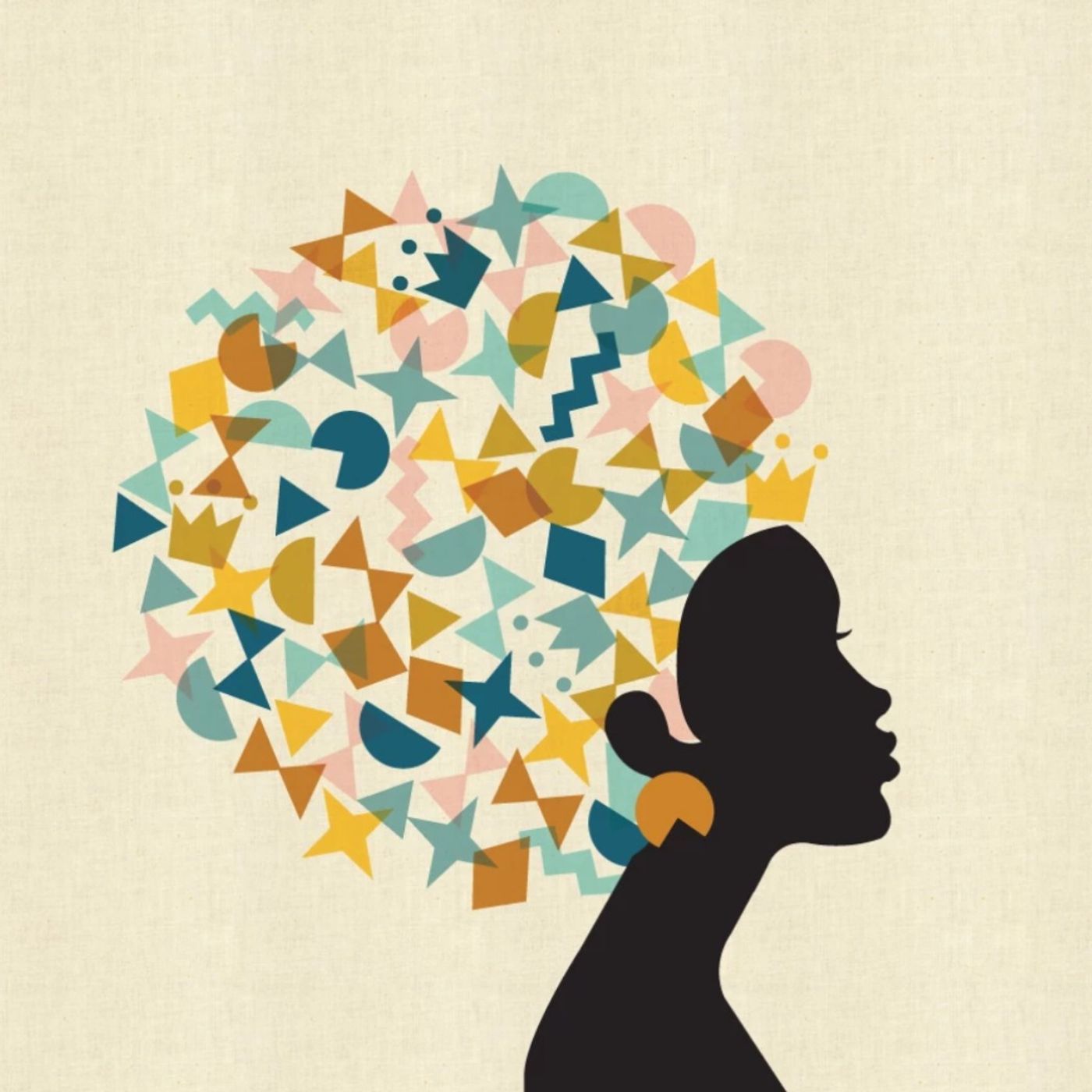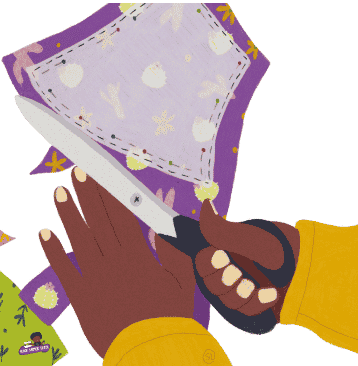Ways to support the Podcast and Black Women Stitch
$15 to the Paypal account for a Black Women Stitch lapel pin! DM or email your mailing to address for free USA shipping. You can also use Cash App
Sustained financial support also appreciated here: For as little as $2 a month, you can join our Patreon
FREE SUPPORT Is also appreciated. Please rate, review, subscribe to the podcast. Tell a friend to do the same!
Learn more about Aaronica and her sewing life on her social pages
And check out these media sites that feature her!
https://lovetosewpodcast.com/episodes/episode-109-curvy-sewing-with-aaronica-cole/
https://wildandwanderful.com/blog/2019/08/icmt1-aaronica-cole/
https://fabricatestudios.com/artists-and-crafters-in-atlanta/
Sign up for the Black Women Stitch quarterly newsletter
Check out our merch here
Leave a BACKSTITCH message and tell us about your favorite episode.
Join the Black Women Stitch Patreon
Check out our Amazon Store
Stay Connected:
YouTube: Black Women Stitch
Instagram: Black Women Stitch
Facebook: Stitch Please Podcast




